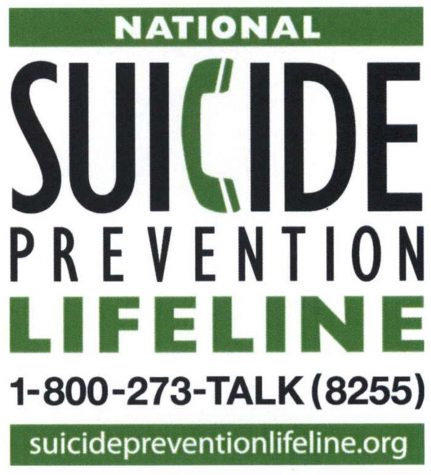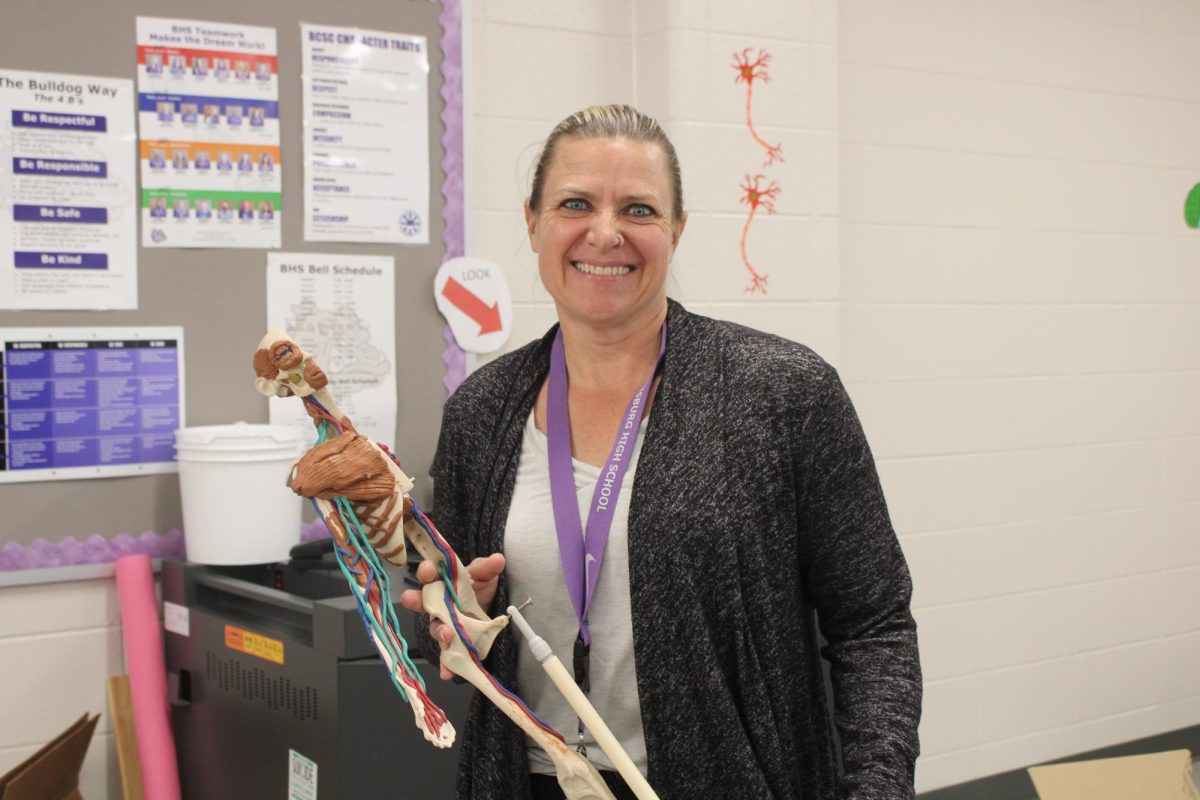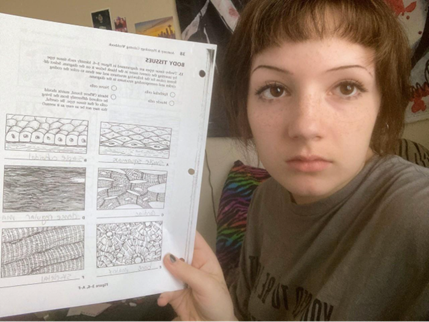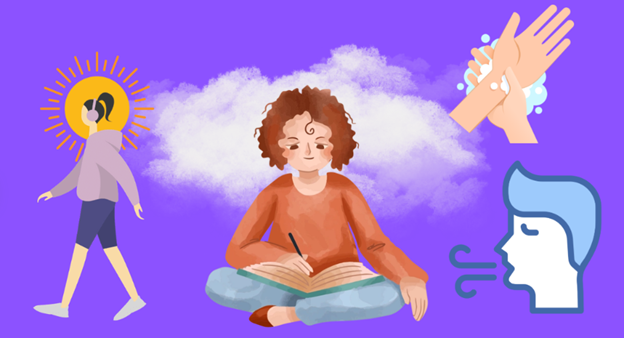Into the Thick of It
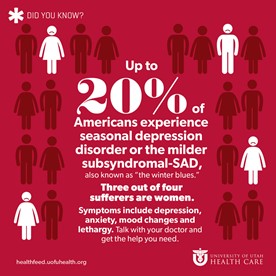
November 5, 2021
As the seasons change, so do emotions as roughly six out of every 100 teens suffer from seasonal depression. Not only does depression affects these teens, but teens suffer from many other types of seasonal affective disorder symptoms.
With the end of autumn soon coming, winter closely follows behind. There are many symptoms that come from these changing of seasons like depression, hopelessness, loss off energy, anxiety, heavy arms and legs, social withdraw, oversleeping, loss of interest, appetite changes, weight gain and concentration problems. All these symptoms can cause teens to receive lower grades and become less active especially as fall sports end. An estimated 10 million Americans are affected every year.
Most people understand seasonal depression and seasonal affective disorder (SAD) as only occurring during the winter season, but the disorder can worsen during the summer season. Symptoms may include having anxiety, depression, irritability, agitation, weight loss and poor appetite. Just as there are these symptoms, there are reverse seasonal affective disorder symptoms that include persistent elevated moods, hyperactivity, agitation, enthusiasm that doesn’t fit the situation, rapid speech and thoughts. This is often referred to hypomania in Bipolar disorders.
Due to low exposure of sunlight during the wintertime, an overproduction of melatonin in the body may increase. When there is less sunlight throughout the winter, we produce less Vitamin D that can change serotonin levels and cause mood changes.
If changes in mood occur for a long period of time during the winter season, please consult a doctor. While there is no cure, there is medication to specifically target different parts of the brain. Doctors may use a therapy called phototherapy which uses a bright lamp to create a sense of sunlight. Cognitive behavioral therapy is also used to treat these patients.
If you are feeling certain symptoms, try spending time outdoors and getting plenty of sunlight. If options are available, talk to a therapist or counselor about your feelings. Make sure to eat a well-balanced meal and exercise at least 30 minutes a day.
Just like treating depression, do not isolate yourself from others and do not use drugs or alcohol. Make sure to plan and create a set schedule for your day so you do not get over-stressed or carried away with any certain type of procrastination.
